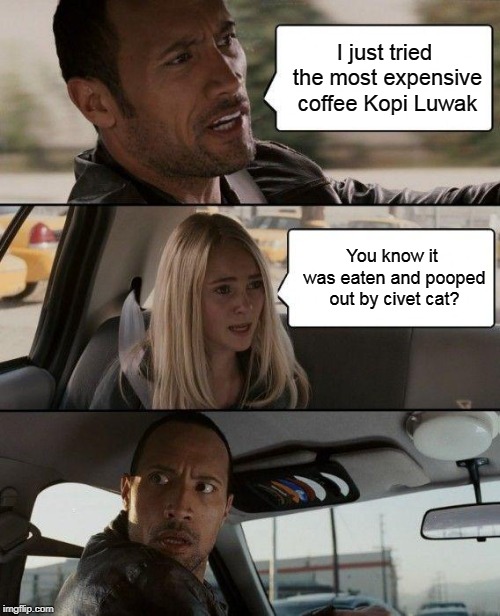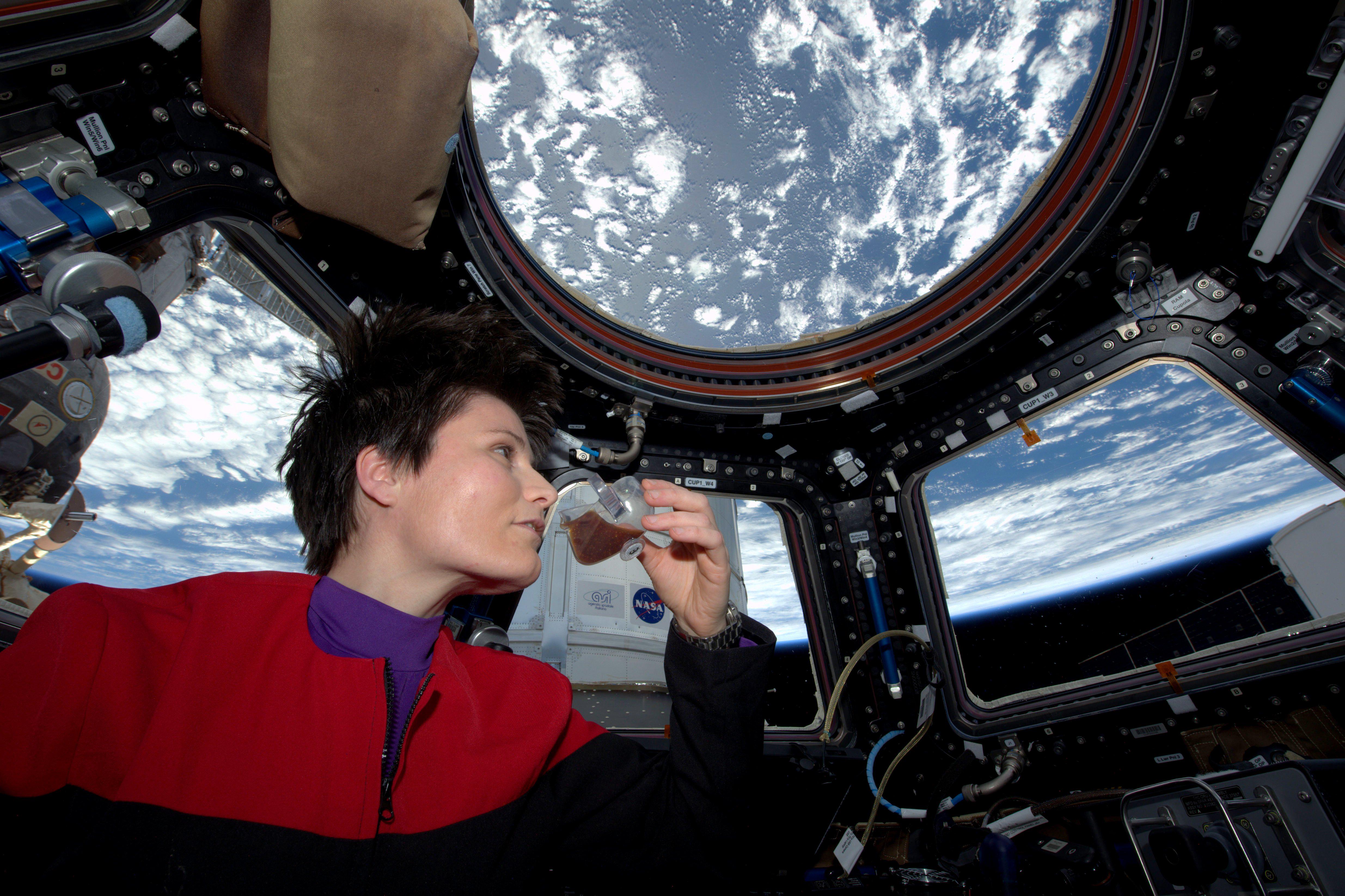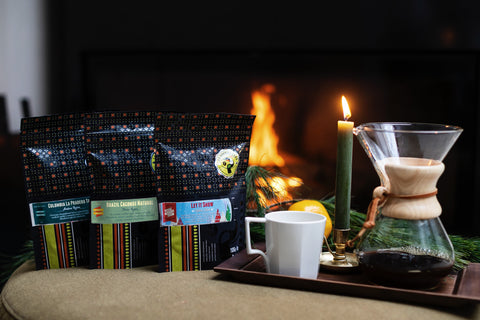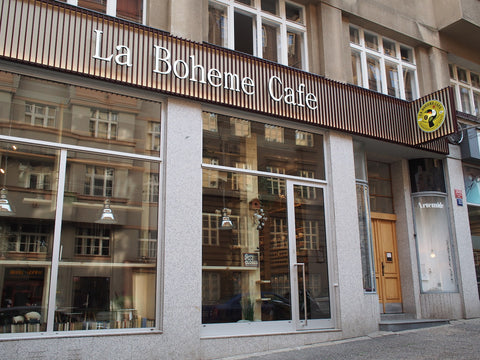Today's world without coffee can no longer be imagined, and statistics claim that approximately 2 billion cups of coffee are drunk worldwide every day, making it one of the most popular drinks ever. What other interesting things does coffee hide? Here are 5 facts about coffee that caught our attention!
BACH AND BEETHOVEN ALREADY LOVED COFFEE
Coffee was not always as popular among people as it is now. In the 16th century it was even considered a devilish drink, unsuitable for women and even harmful to the vitality of men. But as is well known, there is always someone who does not share these views. Take, for example, the famous Baroque composer Johann Sebastian Bach , who loved coffee so much that he dedicated an entire cantata (Kaffeekantate) to it. It tells a funny story about a young girl's addiction to caffeine, whose father is completely mortified by this discovery. After trying to convince her daughter to give up this terrible habit, she gets a telling answer:
"If I could not be allowed to drink my little cup of coffee three times a day, I would turn into a shriveled roasted goat in anxiety. Mm! How sweet the coffee tastes, sweeter than a thousand kisses, finer than muscat wine. Coffee, coffee I must have!" And you can't disagree with that.
Composer Ludwig van Beethoven did not take making coffee lightly and had a very interesting method. According to his assistant and good friend Anton Schindler, he always counted out exactly 60 coffee beans, no more, no less. To be sure, he even recalculated the grains, and if he got it wrong, he started over.
We're not surprised, nobody wants to drink poorly prepared coffee! You can also try the recipe, but a scale will probably serve you better for accuracy.
DRINKING COFFEE IN MODERATION CAN POTENTIALLY REDUCE THE RISK OF EARLY DEATH
In the past, people thought that coffee had a lot of negative effects, so how is it today? On the contrary, many scientific studies prove that coffee is beneficial for humans in a healthy way.
According to a study by researchers at the Harvard School of Public Health , people who drink about three to five cups of coffee a day may be less likely to die prematurely from certain diseases than those who do not drink coffee or drink less coffee. This is explained by the content of bioactive substances that contribute to its potentially positive health effects.
Many of these compounds are antioxidants that fight damage caused by harmful free radicals in cells. So cheers for coffee!
WHY DO PEOPLE CONFUSE ESPRESSO AND EXPRESSO?
The correct pronunciation of this drink has been disputed for years. So let's get this straight. The word espresso comes from Italian and means "expressed" or "pressed" . That's because espresso is made by forcing very hot water under high pressure through finely ground coffee beans. At the same time, this word also has another meaning, namely "fast", which will probably be a stumbling block. Let's not get it wrong and remember that the correct pronunciation is espresso. Dot.
Try our espresso blends!

KOPI LUWAK IS NOT THE MOST EXPENSIVE COFFEE
Many people still think that the most expensive coffee in the world is civet coffee or Kopi Luwak. However, those who desire interesting gastronomic experiences are more likely to pay extra for elephant coffee . And as you can probably guess, the processing of these coffees is very similar.
In both animals, the beans pass through the digestive tract where fermentation takes place, which is said to give the coffee beans a different flavor. The difference is that in civets the grains remain whole, while in elephants they are partially decomposed. Thus, 33 kg of green beans are needed to produce 1 kg of elephant coffee, which of course increases the price of the final product.

So how much do you pay for such coffees? For civet coffee, prices vary depending on how the coffee was obtained. Prices can be around $1,300 per kilogram. You pay twice as much for elephant coffee. But is it worth it?
Coffee connoisseurs differ on its taste, but it is believed that the enzymatic process the beans undergo during digestion contributes to its delicate flavor and complex aroma. In addition, the civets are able to choose only the best and ripest cherries, which results in better coffee quality. However, every coin has two sides. A number of problems occur during production and trading, such as animal captivity and force-feeding, and therefore the trend of so-called digested coffees should not be supported in connection with their protection. The high price is rather determined by the limited supply associated with the insufficient number of animals and the high demand from those interested in such exotic coffees.
There are many producers in the world who source their coffee ethically, fairly and with respect for the nature around them. At La Bohème Café, we are happy to work with farmers who share these values and produce amazing coffees. If you would like to enjoy something truly exceptional, try the coffees from the prestigious Cup of Excellence competition, which we regularly include in our offer .
WITH A CUP OF COFFEE TO SPACE!
"Behind the moon I was alone, completely alone, but not lonely. I felt very comfortable there. I even had hot coffee," astronaut Michael Collins recounted his experiences during the Apollo 11 mission.

The process of making coffee in space has always been strictly controlled. The limitation is related to the microgravity environment, as dust particles from the coffee grounds could enter key machinery and cause catastrophic damage. That's why astronauts usually traveled to space with instant coffee in an airtight bag, to which hot water was added. If they wanted sweet coffee or coffee with cream, it had to be prepared in advance in the laboratory according to the specified conditions.
But the coffee was mostly not of good quality, and yet it is the thing that helped people in space feel connected to home. Therefore, several engineering and scientific minds later came together and designed a space capsule coffee machine that meets all safety requirements. And so the astronauts, who lost all the comforts of home, could finally treat themselves to a drink that would keep them sane in space.





Comments (0)
There are no comments for this article. Be the first one to leave a message!